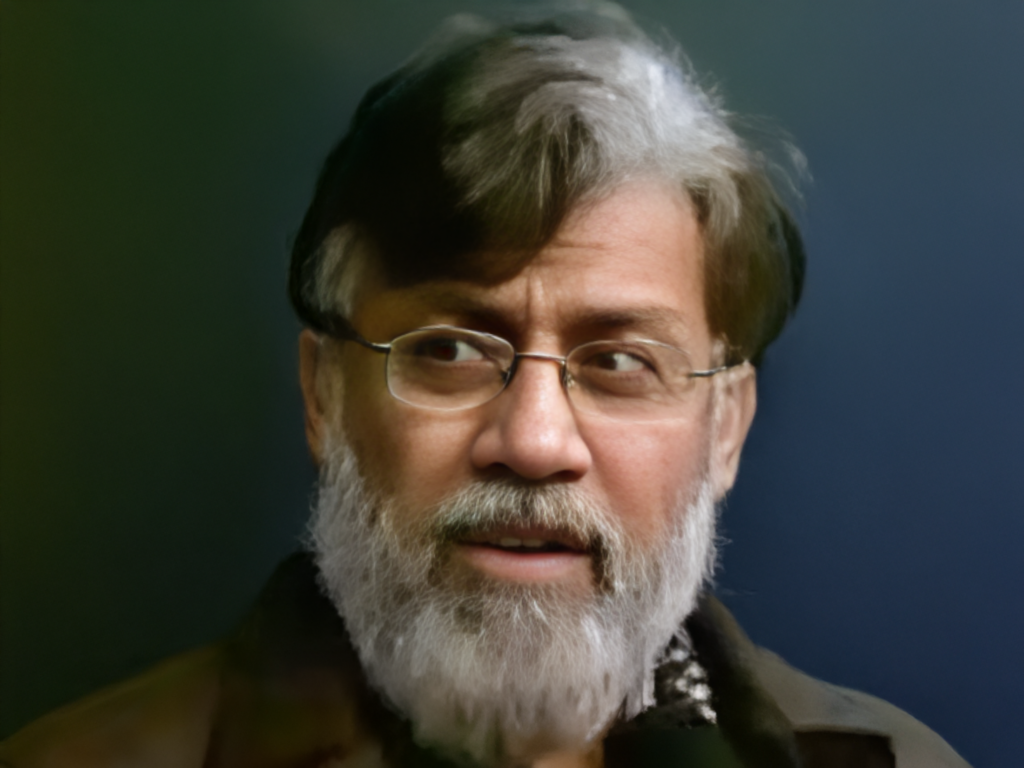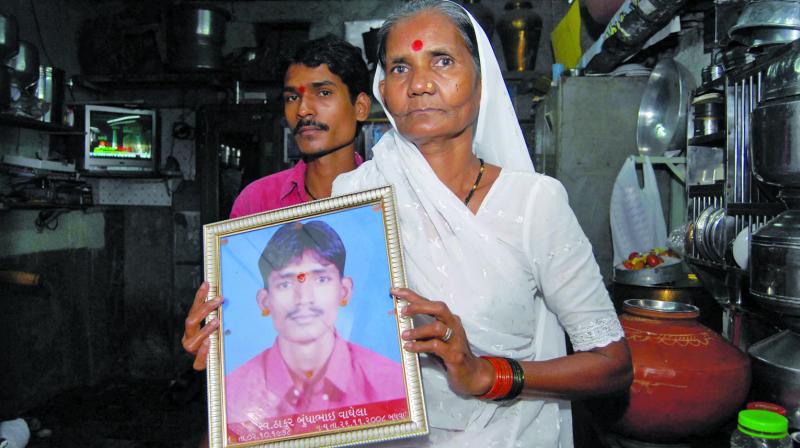
“Big Step In Justice For 26/11 Victims”
India’s External Affairs Minister, S. Jaishankar, called the move a “Big Step In Justice For 26/11 Victims” for the victims, as it ensures that a key player in the attacks would finally be held accountable for his role. The extradition of Tahawwur Rana to India from the United States has been hailed as a significant step forward in delivering justice for the victims of the 26/11 terror attacks in Mumbai. The long-awaited extradition comes after years of legal battles and diplomatic efforts, underscoring the commitment of both India and the United States in their ongoing fight against terrorism and their partnership in global security.
Table of Contents
Background of the 26/11 Attacks

On November 26, 2008, Mumbai, India’s financial capital, was shaken by a series of coordinated terrorist attacks carried out by ten gunmen from the Pakistan-based militant group Lashkar-e-Taiba (LeT). The attackers targeted multiple high-profile locations, including luxury hotels, a Jewish community center, and a bustling train station, resulting in the deaths of over 170 people and injuries to more than 300. The attacks lasted for nearly 60 hours, with India’s security forces working tirelessly to neutralize the attackers and bring the city back to safety.
Among the many perpetrators involved, Tahawwur Rana, a Canadian-Pakistani businessman, played a crucial role. Rana, who had been associated with various terror networks, was arrested in 2009 in the United States on charges related to terrorism, including providing logistical support to the attackers. Although Rana was not physically involved in the attacks, his involvement in the planning and the provision of resources has been a key factor in holding him accountable.
Tahawwur Rana’s Role in the Attacks

Rana’s involvement in the 26/11 attacks can be traced back to his connections with Lashkar-e-Taiba and other radical groups. In 2008, he was accused of conspiring with David Headley, a US-based Pakistani-American who was one of the primary planners of the attacks. Headley, who had been scouting the locations in Mumbai for months, provided Rana with detailed information about the targets, and in turn, Rana helped facilitate the logistics of the operation. It was Rana’s role in aiding and abetting the planning process that made him a crucial figure in the terrorist conspiracy.
Rana’s actions included helping Headley travel to Pakistan for training and arranging for the surveillance of the targeted sites in Mumbai. Despite his direct involvement in planning, Rana maintained that he was unaware of the full extent of the attack, claiming that he had no knowledge that the information he was providing would lead to such carnage. However, Indian authorities, backed by the findings of the US investigation, have made it clear that Rana’s involvement was far from incidental, and that his actions were critical in facilitating the logistics of the deadly attacks.
Extradition Process
The legal battle for Rana’s extradition to India has been a long and complex one, involving multiple stages of litigation and appeals. After his arrest in 2009, Rana was initially charged with providing material support to terrorist organizations, including aiding the planning and execution of the 26/11 attacks. In 2011, a US court convicted him for his involvement in the attacks, and he was sentenced to 14 years in prison.
India, however, had been pushing for his extradition since the early days of the investigation, as they wanted to ensure that Rana would face trial in an Indian court and be held accountable for his role in the attacks. In 2015, India officially requested the US for Rana’s extradition, but the legal process dragged on for years, as his defense team mounted various challenges against the move.
One of the primary reasons for the delay was Rana’s dual citizenship — he held both Canadian and Pakistani passports — which complicated matters from a diplomatic standpoint. Additionally, Rana’s legal team argued that his extradition would violate his rights and that he could not receive a fair trial in India. However, after years of deliberation, the US courts ruled in favor of his extradition in 2023, clearing the way for the move to take place.
The extradition process itself involved coordination between US and Indian authorities, with both governments working closely to ensure that the legal and procedural requirements were met. Rana’s extradition was also seen as a victory for India’s continued diplomatic efforts to hold individuals involved in terrorism accountable, regardless of their nationality or where they reside.
Significance of the Extradition
The extradition of Tahawwur Rana is a momentous event, not just for India but for the global community in its ongoing fight against terrorism. For India, this represents a long-awaited opportunity for justice, as it finally enables the government to prosecute one of the individuals most responsible for the horrific 26/11 attacks. The extradition sends a strong message that those who aid and abet terrorist activities will be held accountable, no matter where they are located.
From a diplomatic perspective, the extradition demonstrates the strength of US-India ties and the growing cooperation between the two countries in counter-terrorism efforts. The US has been a key ally in India’s fight against terrorism, and the successful extradition of Rana underscores the shared commitment of both nations to combat global terrorism. This partnership is particularly important given the continued threat posed by terrorist organizations in the region, including those with links to Pakistan.
Furthermore, the extradition also sends a strong signal to other individuals and groups involved in terrorism that there will be consequences for their actions, regardless of how far they may try to flee or how long they may evade justice. The case has the potential to set a precedent for future extraditions of terrorism suspects, especially those who operate across national borders.
Reactions from the Victims and Their Families

For the victims of the 26/11 attacks and their families, the extradition of Tahawwur Rana represents a moment of vindication. Many of the victims’ relatives have been waiting for years to see justice served, and they have expressed their relief and satisfaction that Rana will finally face charges in India. The attacks left a lasting impact on the victims, their families, and the people of Mumbai, and for many, the extradition symbolizes the promise that justice will eventually prevail.
Families of the victims have long pushed for Rana’s extradition, and their persistence has paid off with this positive outcome. The process, however, does not mark the end of the road for the victims’ families, as they continue to seek closure and accountability for all those involved in the planning and execution of the 26/11 attacks. But the extradition represents a critical milestone in their pursuit of justice.
Conclusion
The extradition of Tahawwur Rana marks a major step toward justice for the victims of the 26/11 Mumbai attacks. After years of legal battles and diplomatic negotiations, Rana will finally stand trial in India for his role in one of the most tragic and horrific terrorist attacks in modern history. This event underscores the importance of international cooperation in the fight against terrorism and sends a clear message to those who think they can evade justice by fleeing to foreign countries. For India, the extradition is a significant achievement, symbolizing the resilience of the victims’ families and the determination of the country to ensure that justice is served.

